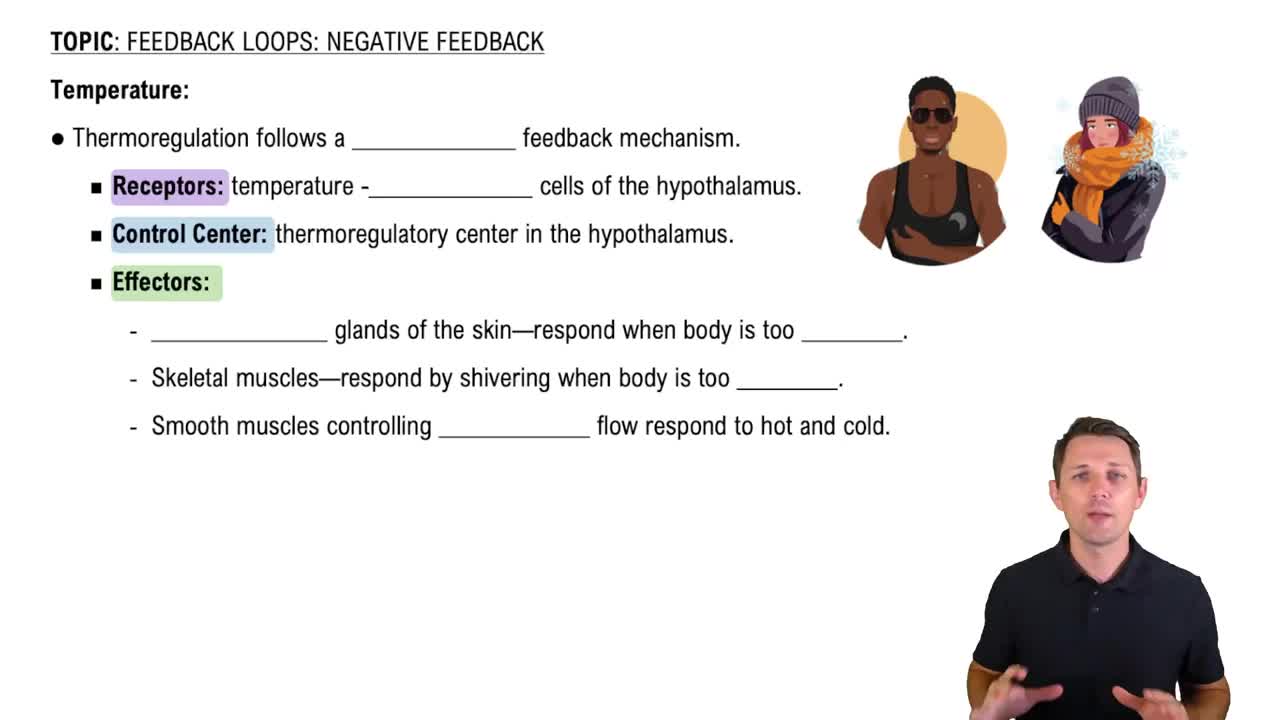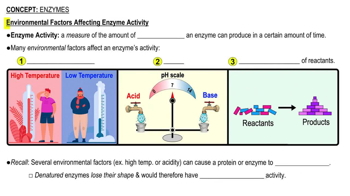Multiple Choice
Which of the following properties is NOT shared by RNA polymerase and DNA polymerase?
4316
views
37
rank
 Verified step by step guidance
Verified step by step guidance



 4:16m
4:16mMaster 1) Initiation of Transcription with a bite sized video explanation from Bruce Bryan
Start learning